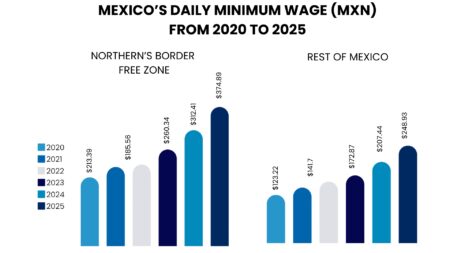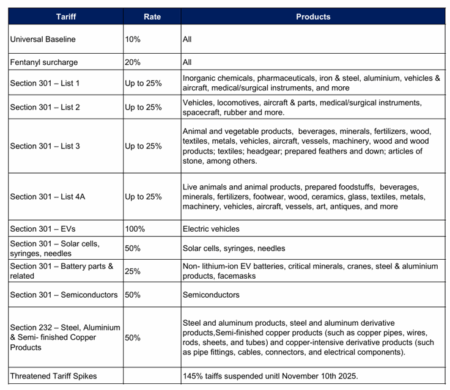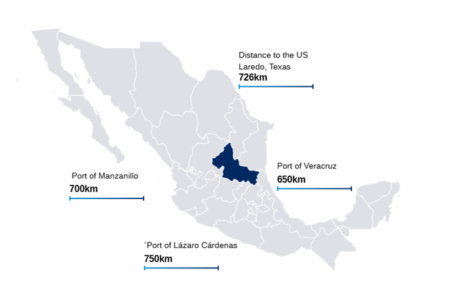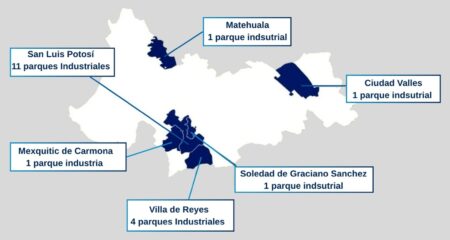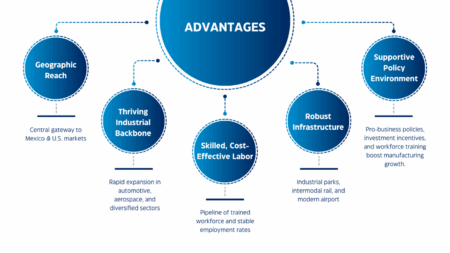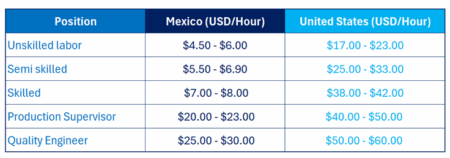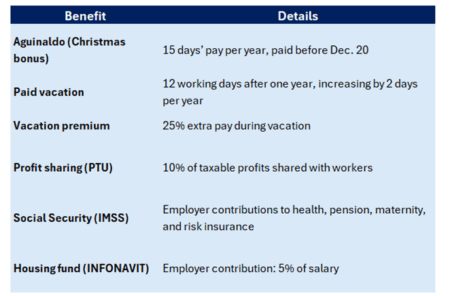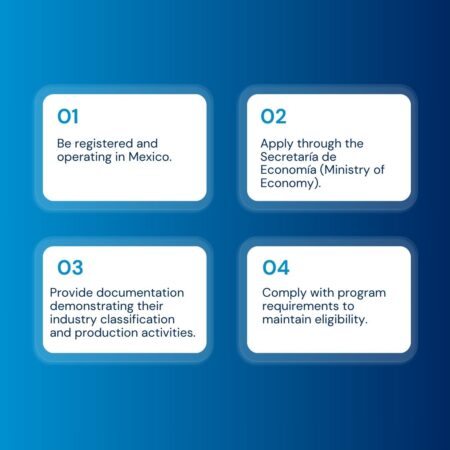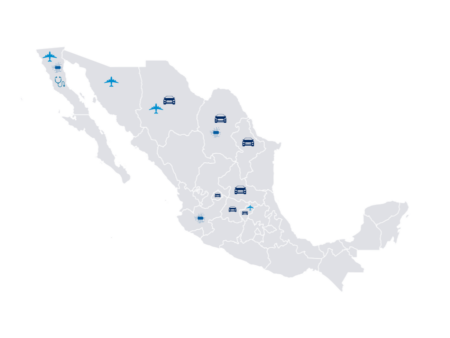VAT in Mexico: How Refunds Work
For businesses operating in Mexico, understanding one of the main federal taxes, which is Value Added Tax (VAT) is essential. While VAT is a standard consumption tax applied to most goods and services, certain entities may be eligible to claim refunds. This guide explains how VAT refunds work, who can apply, and provides practical tips for a smooth process.
What Is VAT (IVA) in Mexico?
In Mexico, the VAT rate is 16% for most goods and services, with a reduced rate of 8% in certain border regions. Businesses registered for VAT are required to charge the tax on their sales but can also deduct the VAT paid on purchases known as IVA acreditable.
When a company’s input VAT (paid on purchases) exceeds its output VAT (charged on sales), the excess may be refunded or carried forward to offset future VAT obligations. This is particularly relevant for exporters, manufacturers, or companies making large investments.
Who Can Apply for a VAT Refund?
Basically, most companies with VAT in favor can apply for a VAT refund as long as they comply with specific obligations and requirements. The main actor who apply include:
- Exporters
Companies exporting goods or services often pay VAT on inputs but don’t charge VAT on exports, since exports are zero-rated, therefore, this creates an excess VAT credit eligible for refund. It is important to take into account, exporters must maintain accurate records and proof of export transactions.
- Manufacturers and Capital-Intensive Businesses
Businesses investing in equipment, machinery, or raw materials may accumulate excess input VAT. Proper accounting and documentation are key to ensuring these credits can be refunded.
- Authorized Economic Operators (AEOs)
Companies certified as Authorized Economic Operators can also benefit from streamlined VAT recovery procedures. These businesses must comply with Mexican tax and customs regulations and provide detailed documentation of transactions.
How to Apply for a VAT Refund
The VAT refund process is done through the Servicio de Administración Tributaria (SAT) electronic portal. The main steps include:
- File Monthly VAT Returns: Submit your VAT declaration (Declaración de IVA) electronically on time.
- Submit a Refund Request: File a refund request, which can only be done after submitting the monthly VAT return that reflects the balance in favor.
- Provide Documentation: Include invoices (CFDIs), proof of VAT payments, export documents (if applicable), and bank details for deposit.
- Wait for SAT Review: SAT generally processes refund requests within 40 business days, though audits or requests for additional documentation can extend this.
Tips for a Smooth VAT Refund Process

Common Challenges
- Documentation errors: Missing or mismatched invoices can lead to delays.
- Non-compliance with deadlines: Late submissions may result in penalties or denial of refunds.
- Regulatory complexity: Mexican VAT regulations can be intricate, particularly for exports and large investments.
By preparing in advance and following best practices, companies can successfully recover VAT credits and improve cash flow.
VAT refunds in Mexico offer a valuable opportunity for businesses to reclaim taxes on purchases, especially for exporters and capital-intensive companies. Proper record-keeping, timely filings, and careful compliance with SAT requirements are essential for a smooth and successful refund process.
If you need help with the VAT refund process, contact Mexcentrix. We can advise and guide you step by step to maximize your refunds and ensure tax compliance in Mexico.


